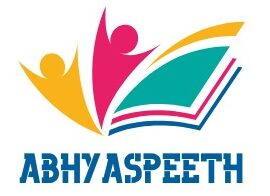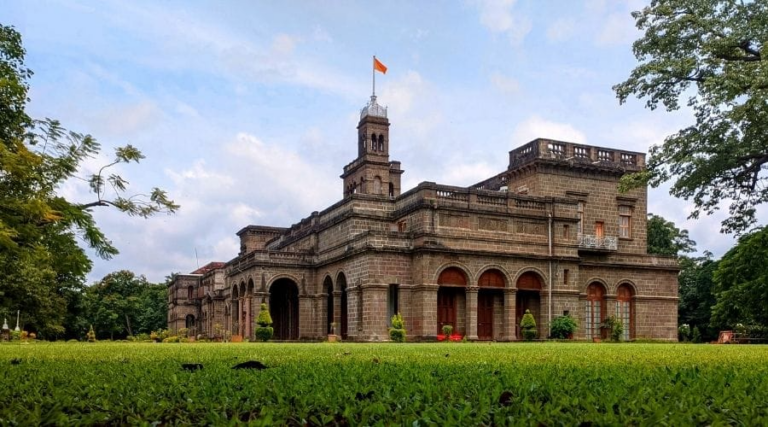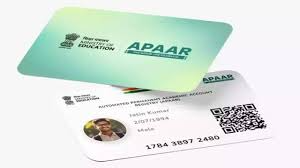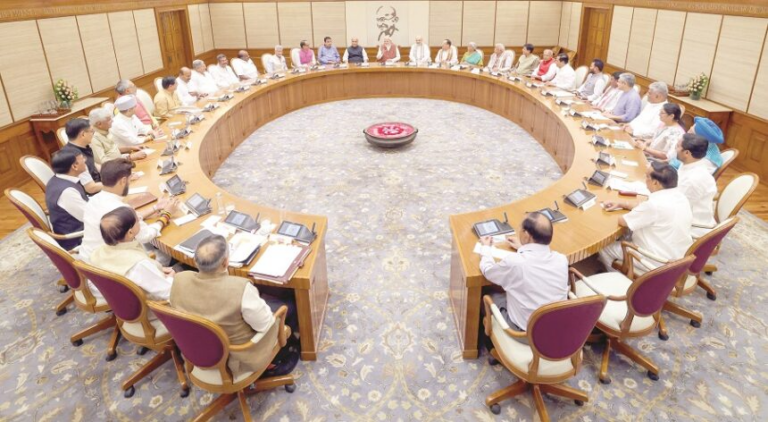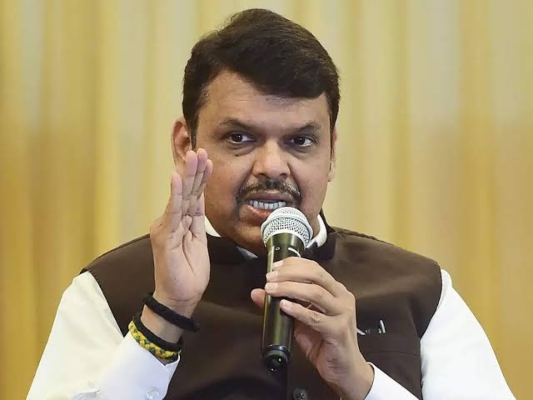
Special Correspondent | Mumbai
In a landmark move aimed at easing the academic and professional integration of Indian students returning from abroad, the University Grants Commission (UGC) has issued a notification granting equivalence recognition to degrees earned from foreign higher education institutions. This policy change will benefit thousands of students who have completed their studies overseas and wish to pursue further education or employment opportunities in India.
Until now, students with foreign degrees often faced significant roadblocks when applying for higher education or jobs in India due to the lack of formal recognition of their qualifications. This lack of equivalence created uncertainty and delays, sometimes forcing students to repeat coursework or become ineligible for opportunities they were otherwise qualified for. With the new UGC notification, these challenges are set to be minimized.
The UGC has launched a dedicated online portal for the submission and tracking of equivalence applications. Students will now be able to apply online by submitting their degree certificates along with supporting documents and a prescribed fee. If any documents are in a foreign language, certified English translations must be uploaded as well.
Once submitted, a committee of academic experts will evaluate the application within 10 working days, and a final decision will be conveyed within 15 working days. In cases where additional documents are required, applicants will be granted an extended time to comply. If an application is rejected, students will have the option to request a review within 30 working days by paying a nominal re-evaluation fee. Upon approval, an official equivalence certificate will be issued digitally via the same portal.
However, it is important to note that this equivalence recognition does not apply to professional degrees such as medicine, pharmacy, nursing, law, architecture, and other regulated fields. These continue to fall under the jurisdiction of their respective statutory regulatory bodies, and students must follow specific norms and recognition guidelines laid down by those councils (such as NMC, BCI, PCI, etc.).
The UGC has clarified that the assessment criteria for equivalence will include a holistic review of various academic parameters such as:
Minimum duration of the program
Credit system followed
Core and elective subjects
Laboratory and practical components
Instruction hours and self-study hours
Exposure to experiential learning elements
This new framework comes at a crucial time, especially in light of recent reports that many Indian students, particularly from the United States, are being sent back due to visa or institutional issues. For such students, this decision brings a sense of security and continuity as they reintegrate into the Indian education system or job market.
The reform is being seen as part of a broader effort to align Indian higher education with global academic mobility and to support the large community of Indian students studying abroad—many of whom return with aspirations to contribute to the country’s development. By recognizing their international education, the UGC is making a clear statement: global exposure is an asset, not a liability.
